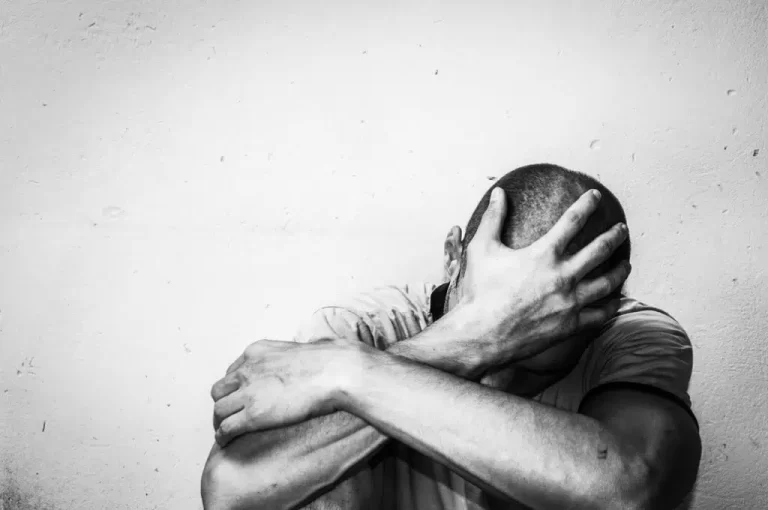When your spouse is struggling with an addiction, you may hardly recognize them as the person you fell in love with. At Miramar Recovery Center, we understand how disheartening this can be. Perhaps he or she is experiencing heightened feelings of sadness, anxiety, worthlessness and anger. Or maybe they’re blaming you for their addiction, which can be deeply isolating. Addiction can turn a once-supportive and loving person into someone who is unable to be there for you physically or emotionally.
Through all of these dark moments, it’s important to remember that the very thing they’re unable to provide is the very thing they need most: support. In fact, your involvement, understanding and support are critical to their recovery and lasting healing.
How to recognize addiction in a spouse
Sometimes it can be difficult to recognize addiction in those we are closest to. Why? Signs of addiction can come on suddenly, but they are not always overt. Here are several warning signs of addiction that you should know:
- Blacking out or having memory problems
- Redirecting blame to others for negative life experiences or poor behavior
- Violent outbursts or severe mood swings
- Using in secret or hiding how much they are using
- Neglecting home-, work- or school-related responsibilities
How to help your spouse with substance abuse
If your spouse is in active addiction, here are five ways you can show your support:
- Avoid denial
Sometimes it’s easier to pretend there isn’t a problem than facing it head-on. Facing the addiction will allow you to not only support your spouse but also take control of your own health and well-being. - Educate yourself
If you want to help your spouse toward lasting recovery, it’s important to learn as much as you can about the disease of addiction. You can do your own research online or speak to an experienced treatment specialist who helps families like yours every day. The specialists at Miramar Recovery Center can help you gain a clearer picture of your unique relationship and situation and give you and your spouse a way forward. - Learn about codependent relationships
People who love someone with an active addiction often find themselves dealing with a disorder of their own: codependency. It’s important to recognize that your spouse’s drug or alcohol addiction isn’t just affecting him or her. It’s affecting you, any children you may have, and anyone else living in your home. When you understand how to effectively support your spouse, you can also focus on your own life or goals. - Stop enabling
Enabling means doing things for an addicted person that shield him or her from the consequences of their addiction. While it may be done with the best of intentions, it actually allows him or her to continue using or drinking. - Find a support group
You are not alone. While you’re supporting your spouse during his or her recovery journey, it’s important to know there are other spouses and partners who are dealing with similar problems. Try reaching out to local Naranon or Alanon groups to get additional guidance and support. Sometimes connection and camaraderie with other people who understand what you’re going through can give you just the push you need to continue supporting your spouse during this difficult time
How family therapy can help
One of the most important aspects of treatment and recovery is the reparation of damaged relationships. The skilled clinicians at Miramar Recovery Center can help you and your spouse talk as a family, so you can begin to restore your functional and loving bond to one another.
While individual therapy focuses on the thoughts, behaviors and emotions of one person, family therapy focuses on relationships and aims to understand and validate the experiences of all family members. Therapists believe problems exist between people, not within people, and their goal is to repair the bond between people.
In addition to understanding the family dynamics, family therapists work to understand how substance use is a part of the cycle of interaction with the spouse and/or family. They can then provide additional education about substance use for the whole family and support family members in reducing their unhelpful behaviors and increasing their effective behaviors. Call (949) 691-5036 to learn more about how our family therapy services can help you and your spouse navigate the recovery process together.


